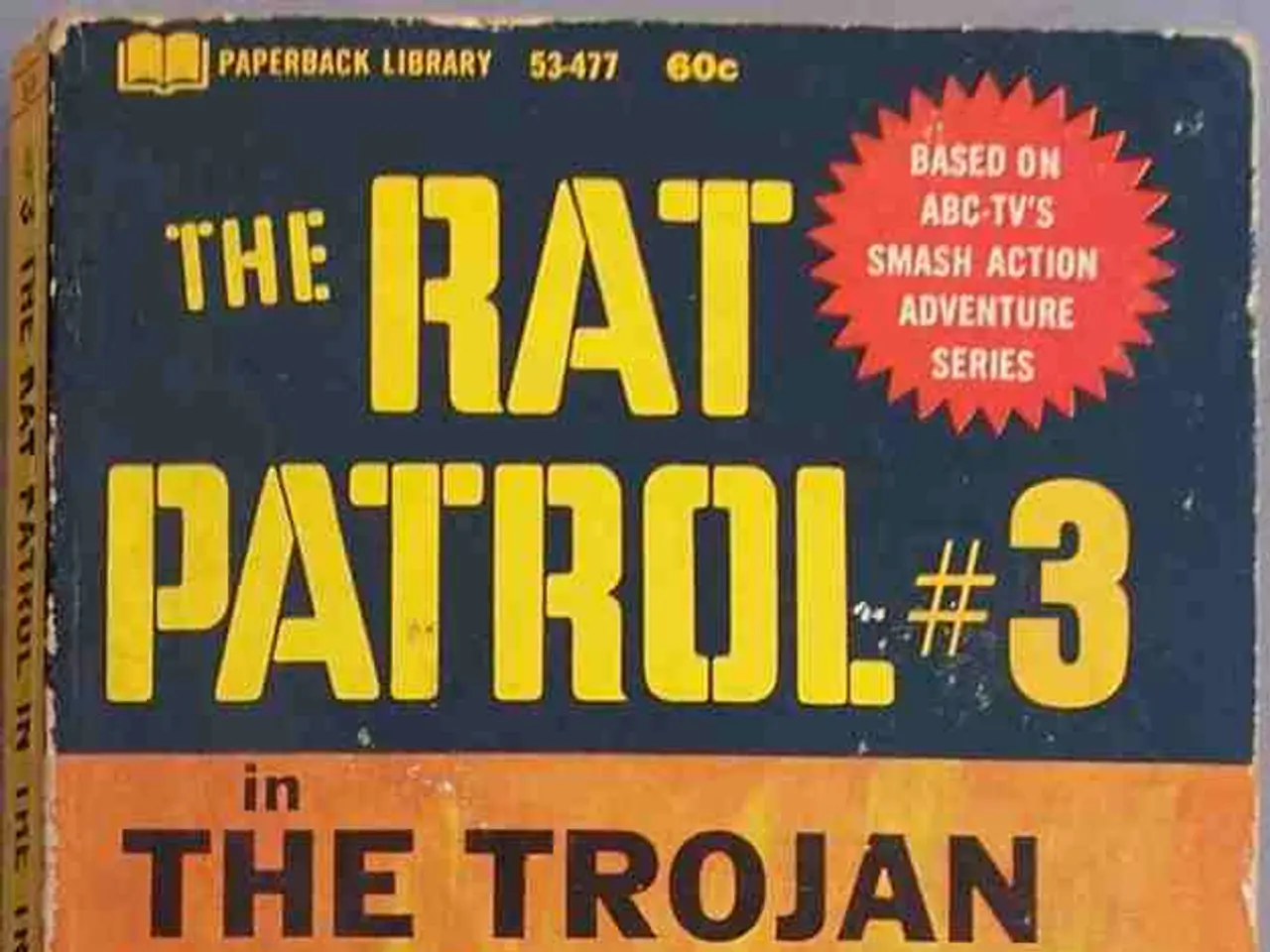Army in Thailand justifies self-defense action following latest landmine incident
Thailand and Cambodia have declared an immediate and unconditional ceasefire as of July 28, 2025, following intense clashes along their border, including a series of landmine explosions. This ceasefire was achieved after talks mediated by Malaysia in Kuala Lumpur amid international diplomatic pressure, including from ASEAN and the United Nations Security Council.
The latest landmine explosion occurred at 9.10am on a regular patrol route of Thai defense personnel, one kilometre from Ta Muen Thom temple ruins in Surin province. This incident has strained the already tense relations between the two countries and violates the territorial integrity of Thailand.
According to the Thai Army spokesman, Maj Gen Winthai Suvaree, the landmine explosion is a direct attack on Thai forces in Thai territory and a violation of the ceasefire agreement and international humanitarian laws. He accused Cambodia of violating the Ottawa Treaty, which bans the use and installation of all kinds of anti-personnel landmines.
The number of Thai soldiers injured by landmine explosions has increased to 13, with five losing their legs. This tragic development follows the Cambodian invasion of Thai territory, during which five Thai soldiers lost their legs to Cambodian landmines laid on Thai soil since July 16.
Maj Gen Winthai Suvaree suspects that Cambodia planned the systematic use of landmines to attack Thailand. He stated that if pressure continues, the Thai Army may be compelled to exercise its right to self-defense under international law. The Thai Army's potential response to the ongoing landmine attacks reflects the gravity of the situation and the need for a peaceful resolution.
The landmine explosions have occurred in three provinces bordering Cambodia: Si Sa Ket, Surin, and Ubon Ratchathani. One of the injured soldiers, Sgt Theerapol Piakhanthee, a paramilitary ranger, was treated at Phanom Dong Rach Hospital.
Despite the ongoing tension, military commanders from both countries have met to discuss the implementation of the ceasefire in good faith. The current status is that the ceasefire agreement is holding with ongoing international engagement to maintain peace. However, the landmine explosions serve as a reminder of the challenges that lie ahead in restoring peace and security along the Thailand-Cambodia border.
[1] The Straits Times. (2025). Thailand and Cambodia declare ceasefire after border clashes. Retrieved from https://www.straitstimes.com/asia/se-asia/thailand-and-cambodia-declare-ceasefire-after-border-clashes
[2] Reuters. (2025). Thailand, Cambodia agree to ceasefire after border clashes: sources. Retrieved from https://www.reuters.com/world/asia-pacific/thailand-cambodia-agree-ceasefire-after-border-clashes-sources-2025-07-28/
[3] BBC News. (2025). Thailand-Cambodia border clashes: Ceasefire agreed after talks. Retrieved from https://www.bbc.com/news/world-asia-62087911
- The escalating war-and-conflicts along the Thailand-Cambodia border, particularly the increasing incidents of landmine explosions, are now a prominent topic in general-news discussions, raising questions about the political decisions and international actions being taken to maintain peace.
- The ongoing crime-and-justice issue of landmine explosions along the Thailand-Cambodia border has prompted international bodies like the United Nations Security Council and ASEAN to exert pressure on both countries, aiming to enforce international humanitarian laws and bring an end to such violations.





